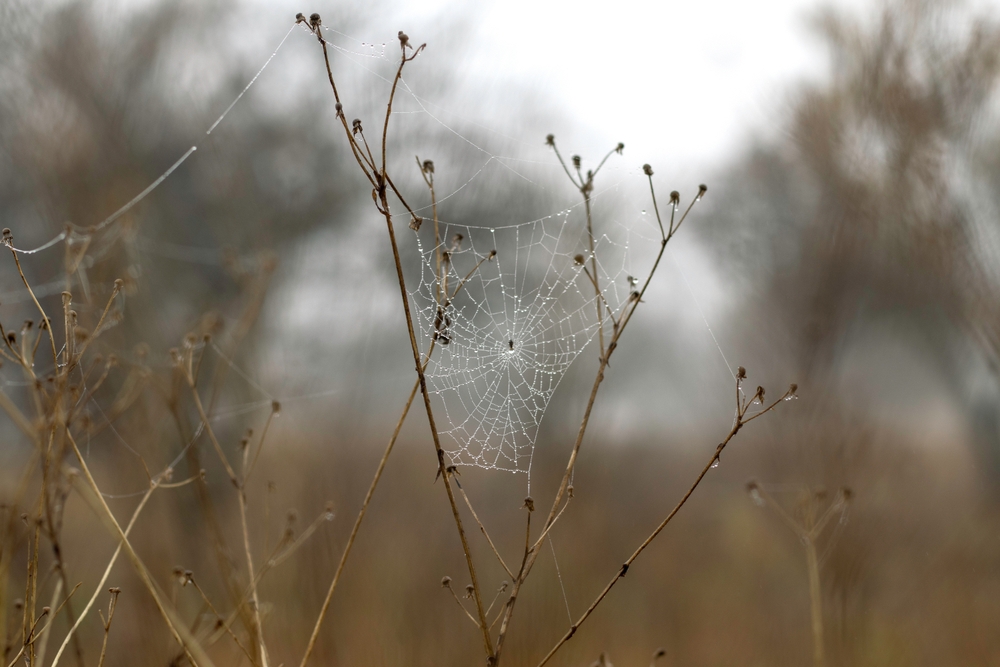Don’t Give In to This Temptation
Joel Salatin|March 8, 2022

Editor’s Note: Today’s essay from contributor Joel Salatin is a can’t-miss. It contains the type of thinking that represents what Manward is all about. Folks who open their minds to different opinions instead of accepting the mainstream narrative have much to gain… in their lives and in their wealth building.
A couple of weeks ago, I had the privilege of speaking at the California Libertarian Party state convention.
While there, I heard two talks by Libertarian Party presidential candidate Jo Jorgensen, who teaches psychology at Clemson University.
She shared the results of two fascinating research trials about bias that speak to our current state of affairs… and show what to do about it.
The first study she covered was about the cognitive bias we have to believe things that we’re invested in. In fact, the more we have invested in a narrative, the more stubborn we are to hold onto it, even if the facts suggest we shouldn’t.
Such investments include not just money but also time, friendships, livelihood, our children’s successes… in short, anything we consider valuable, whether tangible or intangible.
As we look at the mainstream narratives today, from those surrounding COVID-19 to Ukraine, it’s easy to see why people cling to things even when the evidence points elsewhere.
None of us sees the picture clearly.
I’m reading George Catlin’s Letters and Notes, which he compiled in 1837 while spending several years living among Native Americans.
His ability to see both sides of the cultural divide was uncanny. One of the big points he makes is that the Native American most whites saw was not the one they met in the Far West. Over and over, he points out that the negative view white people had toward indigenous people was a product of how conquered Natives behaved.
He said such Natives were reduced in stature and humanness, if you will, by being constantly overcome by the superior technology of the whites.
But when you left that environment and saw Natives where they could thrive in their true glory, their character and demeanor was completely different.
This should give us all pause as we examine the issues of our day… It bids us both to question our own beliefs and to be charitable toward those with whom we disagree.
None of us sees things completely. And our limited perspectives color our perceptions.
Shocking Results
In the second study Jurgensen covered about bias, folks received hand-held devices to administer a shock on people in an adjoining room. A glass wall separated the two groups – the shockers and the shockees. A “doctor” in charge of the shockers gave the orders to administer the shocks. As the trial proceeded, the doctor explained the value and benefits of these shocks.
The shockers had a dial that increased the current of the shock. As the trial went on, the doctor instructed them to administer higher doses of electricity. As the doses increased, the shockers could see through the glass wall the violent reactions of the people being shocked. Although it appeared that the shocks were hurting the patients, the shocks continued… because the doctor said it was okay.
None of the shockers refused to push their buttons when instructed to do so (up to a certain point).
The point of the study was to show how much people trust experts. Because the “doctor,” with his white coat, stethoscope and credentials, said all was well, people believed him even when their eyes told them things were not going well.
This is the “cognitive bias in favor of the expert opinion.” When the general – or the director or what have you – says something, we listen.
Again, this speaks to many issues of our day and helps explain why folks believe things even when the evidence suggests they shouldn’t. It also helps explain why people continue down destructive paths, happily, as long as they have credentialed experts leading them.
Invest in Other Ideas
This is why it’s important for all of us to expose ourselves to different messages. Including ones we find repugnant.
During the early days of the home-schooling movement, those of us who embraced this radical idea were called unfit parents. I challenged the naysayers to read some of the material I was reading.
Every movement has its gurus. Every belief system has its experts.
I found that the radicals and rebels – like me – inherently knew, read, and understood the arguments and positions of the orthodoxy. But virtually none of our opponents had ever bothered to seek the unorthodox message.
The orthodoxy always has its pulpits. And those who choose to take the road less traveled know the more common view simply because it’s in our faces every day. It’s on the radio and in the newspaper.
This is why those of us who choose a less common path, rather than argue with folks, should often simply challenge them with, “Have you read Mr. X?” or “Have you seen the podcast by so-and-so?”
If we really want a diversified, inclusive society, one of the strongest steps we can take is to invite our friends with whom we disagree to broaden their thinking by reading or listening to someone they wouldn’t normally read or listen to.
We all have to work at investing in ideas with which we disagree. Although I’m a conservative libertarian, I read books from the extreme liberal progressive side just to keep up with their arguments and thinking. That’s healthy.
We can’t expect those who disagree with us to engage with our ideas if we’re not willing to engage with theirs.
The cognitive biases of investment and expert opinion are powerful forces when teamed up with mainstream narratives.
Knowing the temptation of our cognitive biases is critical for maintaining balance.

Joel Salatin
Joel Salatin calls himself a Christian libertarian environmentalist capitalist lunatic farmer. Others who like him call him the most famous farmer in the world, the high priest of the pasture, and the most eclectic thinker from Virginia since Thomas Jefferson. Those who don’t like him call him a bioterrorist, Typhoid Mary, a charlatan, and a starvation advocate. With a room full of debate trophies from high school and college days, 12 published books, and a thriving multigenerational family farm, he draws on a lifetime of food, farming and fantasy to entertain and inspire audiences around the world.



